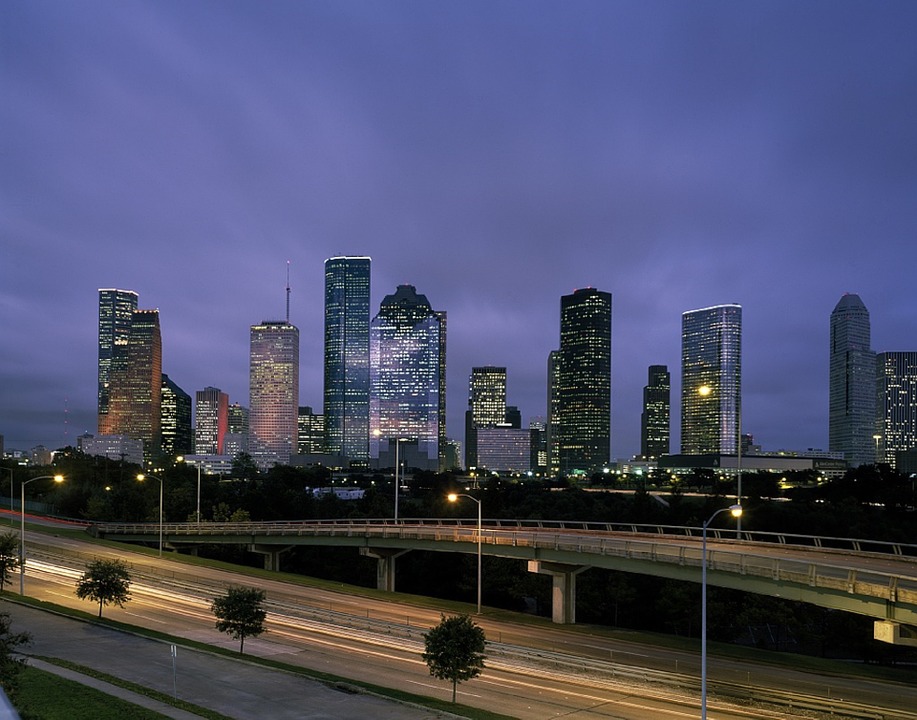EB-5 Myth: You purchase property through the EB-5 Program.
EB-5 Fact: Through the EB-5 Program foreigners invest capital into qualified projects. These projects must then lead to the creation of 10 full-time jobs for qualified U.S. workers. Since this is the main requirement of the EB-5 Program, the purchase of property does not qualify and will not result in obtaining a visa.
EB-5 Myth: Investment in an EB-5 Program project guarantees a green card.
EB-5 Fact: The EB-5 Program requires all investors to invest capital in “at-risk” projects. As such, there can be no guarantee that the project will fulfill all the requirements of the program. If the EB-5 Program requirements are not fulfilled the foreign EB-5 investor will not qualify for unconditional permanent residency status (green card).
EB-5 Myth: An EB-5 investor must retain residency in the U.S. in order to maintain their visa status.
EB-5 Fact: It is true, an EB-5 investor must remain a permanent U.S. resident for at least six months. Investors should make the decision beforehand to ensure they want to live and work in the U.S. When investing in a regional center project, there is no restrictions to where investors can live and work. If an investor travels a lot, reentry permits to the U.S. can be obtained to avoid troubles.
EB-5 Myth: Wealthy foreigners can purchase green cards through the EB-5 Program.
EB-5 Fact: The EB-5 Program is highly regulated and the EB-5 application can take years to complete. It requires foreign investors to invest $1 million or in some cases $500,000 in qualified projects and create 10 qualified jobs for U.S. workers. Each EB-5 investor’s application is reviewed and if approved, they receive conditional permanent residency and have two years to prove continued eligibility in the program. After two years, USCIS conducts an in depth review of each petition to then determine eligibility for unconditional permanent residency (green card status).
EB-5 Myth: The EB-5 Program background check is simple and lets criminals through.
EB-5 Fact: Each applicant of the EB-5 Program goes through 2 extensive background checks. These checks are done through the U.S. Department of Homeland Security, U.S. Citizenship and Immigration Services (USCIS), or the U.S. Department of State. The first background check is prior to approval of the conditional permanent residency. The second background check is prior to the approval of unconditional permanent residency.
USCIS also requires extensive and detailed evidence to prove lawful source of capital for every investment. Also when the capital is transferred from the foreign investor into escrow, banks conduct reviews and compliance checks.
In addition, regional centers are also faced with scrutiny prior to their receiving USCIS designation.


Comments